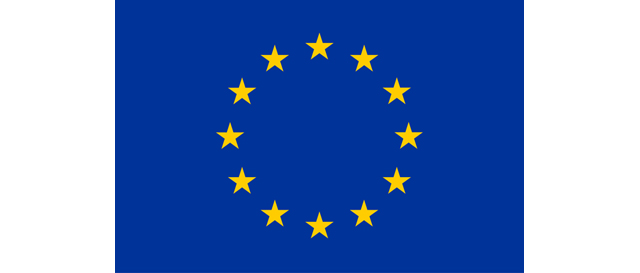Ifriqiya
Ifriqiya (North Africa). The role of the formerly Roman province Africa settled by Germanic tribes with an indigenous Berber population has always been neglected in the history of the Empire at large. In the early Abbasid period (732-940 C.E.), the army garrisoned in Qayrawan only rivalled in size the one in southern Iraq. The Arab elite, however, especially the governor family of the Muhallabis was closely linked to Iraq through the empire-wide trade network of the Ibadiyya sect (Savage 1997). Their influence went also further west to the Berber tribes in the Maghrib and the silver rich Atlas mountains. The Muhallabis served as governors in many provinces of the empire. For a short period at the end of the eighth century silver from North African mines determined the coin circulation of the core regions of the empire and beyond travelling on the Viking Age trade routes to the Baltic Sea (Savage – Gordus 1998). North Africa regionally interacted diplomatically and economically with the northern Carolingian Empire via the Mediterranean Sea. That the diplomatic contacts to Charlemagne had a much wider economic context is documented by the distribution of North African coin finds along the Rhine valley and beyond.



